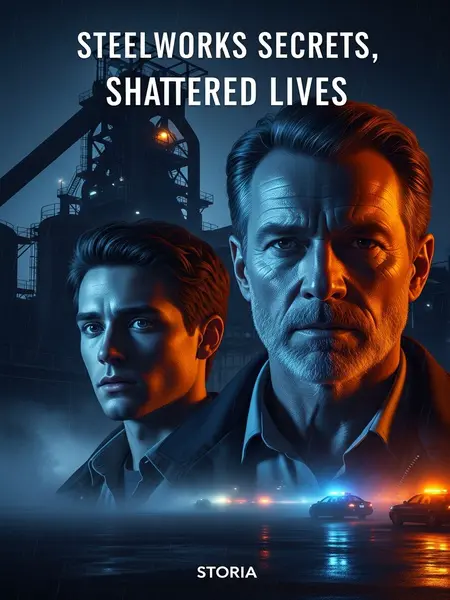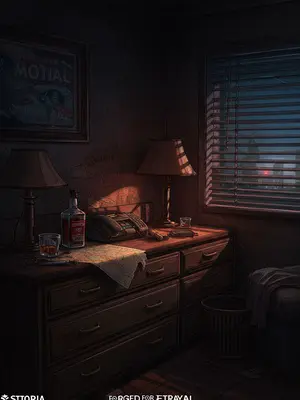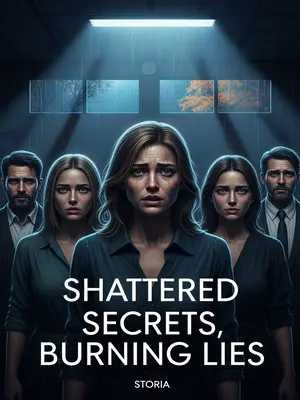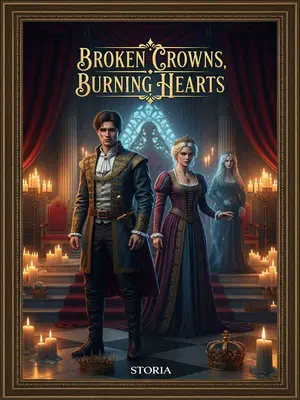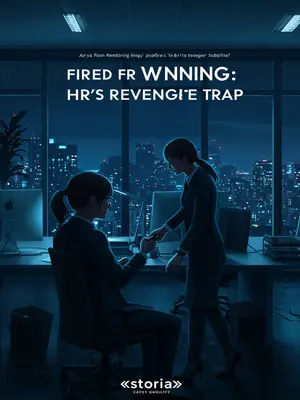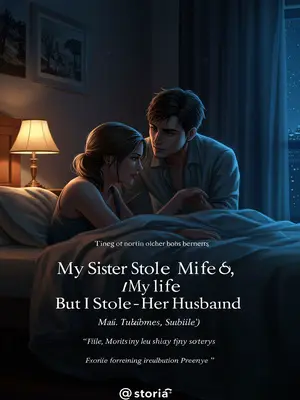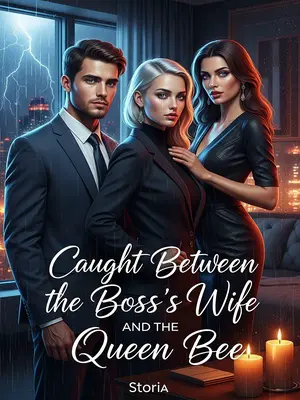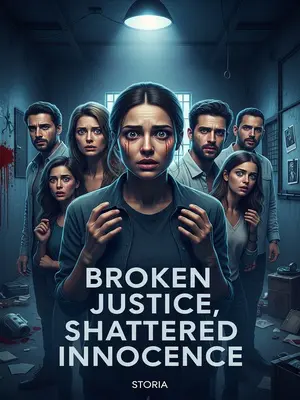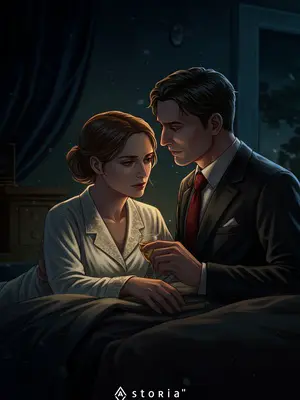Chapter 6: The Cost of Silence
He was humble and worked hard, so I taught him everything I knew, hoping he’d do what I never could.
He was smart—great instincts, relentless—but even he hit a wall with this case.
Within a week, another victim turned up. Just like before: Wendy Cross, daughter of another old witness, Walter Cross. Same M.O.—even the stick came from the same osmanthus tree as the one in Hannah’s case.
Forensics said it was an eight-year-old osmanthus tree, about four inches thick, with three main branches—perfect for sticks like that. That meant there’d be one more victim: Howard Mills’ daughter.
Hunter Byers called it: classic revenge. He dug through files, talked to old steelworkers, and found all kinds of holes in the old case. He figured Brian Bishop hadn’t killed himself out of guilt—he’d been pushed. The Bishop family died for nothing, so the killer was using shock tactics to force us to reopen the “Riverbend Steelworks Dancer Case.”
Chief Chen and I figured reopening the old case made sense, but not everyone agreed. Another captain, Lee, thought it was all a smokescreen—copycat crime to throw us off.
Hunter Byers wasn’t having it. “No matter how messy it gets, if someone’s been wronged, we dig. Every victim we fail is on us.”
When Chief Chen told me that, I remembered my younger self. I wished I’d stuck to my guns back then.
When things stalled, Howard Mills’ daughter, Quinn, dropped a bombshell: Ben Bishop wasn’t dead.
She brought in a silver chain with a little iron tag—stick figures of the Bishop family, “Ben Bishop” scratched on the back. The day Mrs. Bishop died, I’d seen the kid at the window, staring down at her, tag around his neck.
Brian Bishop had made it for his son’s birthday, and Ben never took it off. Quinn said she found it at the Bishops’ grave when she left flowers after getting into college.
So she figured Ben hadn’t drowned—he’d come back. That meant the killer was probably Ben, out for revenge.
“He hates us. I think I’m next, so I’ll use myself as bait. I want the police to protect me and catch him.”
Nobody saw that coming. Quinn was a criminal lawyer—smart, gutsy.
But there was more. Chief Chen later told me, “Cap, I should be smacked. I thought Ben’s drowning was an accident. Sure, we couldn’t find a motive or proof someone wanted the kid dead. But do you buy that?”
“It was a bunch of kids.”
“They copied the grown-ups, chased Ben with rocks, called him ‘killer’s son,’ ‘rapist’s son,’ ‘thief’s son.’”
“They cornered him at the river, watched him jump.”
“Then they all clammed up, told the adults he fell in.”
I’d always thought the boy got lost, but now I saw it—regret, guilt, all of it.
That night, over drinks at a roadside bar, I kept thinking: if we’d just paid a little more attention to that kid, maybe he wouldn’t have jumped. The river was freezing. The water cut like knives. How could a little kid survive that?
How did he make it? What happened to him after?
Chief Chen signed off on Quinn’s plan. The best cops guarded her, 24/7. Still, she vanished.
Hunter Byers searched everywhere, finally finding her naked body about a mile downstream from where Ben had jumped. Only difference: this time, a long stone from the river was shoved between her legs.
They said Hunter found her as the killer was escaping, jumping into the river. Hunter dove in after him, but almost drowned. If Jack Newton hadn’t shown up, Hunter might’ve died, too.
After that, Hunter got obsessed.
“I think the killer’s one of us—a cop.”
“He knows the old case inside out.”
“He’s got serious anti-investigation skills.”
“He knows all our moves.”
He blamed himself. “If I’d gotten there a minute earlier, maybe I could’ve stopped it.”
A cop hunting a cop—sounds crazy, right? He shouted, “Report your whereabouts.” Threatened, “If you don’t, you’re a suspect.”
Of course, some folks pushed back, but what could they say? Still, it was possible some really couldn’t prove where they’d been.
Then, right in the middle of all that suspicion, the real killer confessed.
Twenty years later, the real story finally came out. I thought I’d be relieved, but mostly I just felt hollow.
The confessor was one of the four witnesses from back then—Carl Tate. He said they’d killed Mariah Yu. The four were Heath Jennings, Walter Cross, Howard Mills, and Carl Tate—the so-called witnesses.
I remembered how fired up they’d been, demanding we throw the book at Brian, calling him a monster.
Carl said that after they found out they were getting laid off, they snapped and decided to rob the finance office—grab whatever they could.
The office wasn’t locked that night, the safe was wide open, cash everywhere.
They went in to steal, saw all that money, and started stuffing their pockets, arguing over how to split it.
The steelworks was on its last legs—night shifts meant just a handful of guys watching the furnace, and the finance office was way out of the way. They figured nobody would show.
But Mariah Yu did.
“At first, we never planned to kill. We just wanted to keep her from running.”
“But she was beautiful.”
“That white skin, that body—nobody at home looked like that. I don’t know what happened, but then...”
“Next thing, she was dead.”
“Afraid of leaving evidence, we stripped her.”
“We thought we’d covered our tracks, but halfway out, someone remembered seeing on TV that DNA could catch you. We panicked, went back to wipe things down, but ran into Brian.”
“We had to frame him.”
“Otherwise, we’d look guilty just being there.”
He sobbed, “Their daughters are all dead. I know he’ll come for my boy next. He’s all I have.”
Later, Carl gave us the real evidence—Mariah’s coat.
